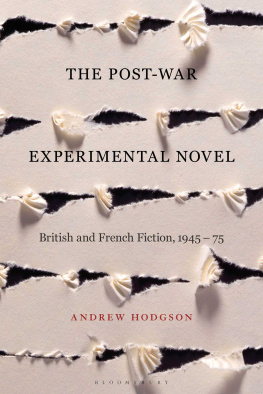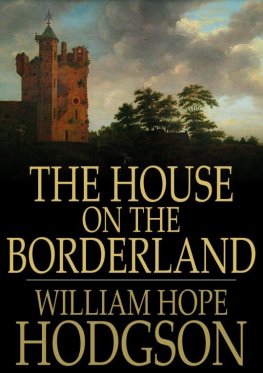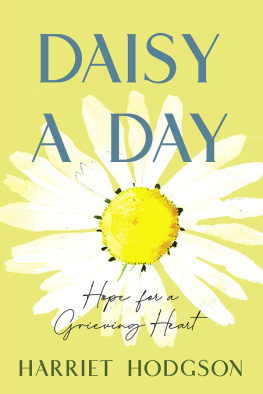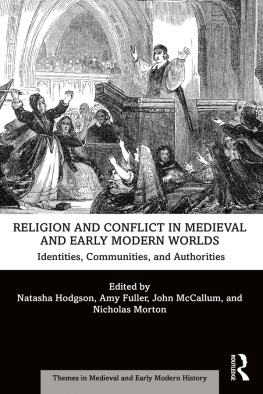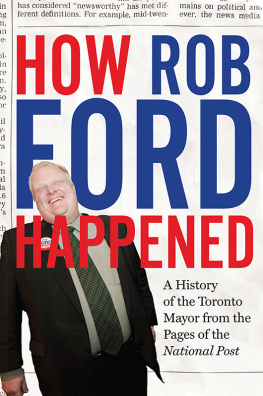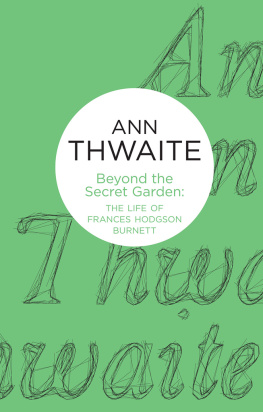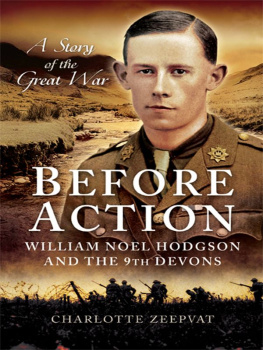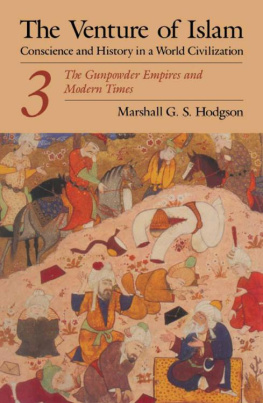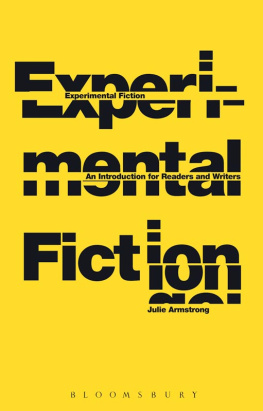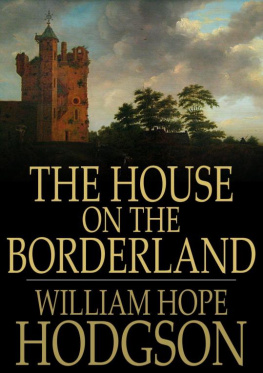
The Post-War Experimental Novel

For Alan Robert Hodgson
Contents
The study that follows constitutes an attempt to re-read the experimental novel of post-Second World War Britain and France as a critical socio-cultural entity; in doing so it raises a corpus of (what is generally termed) innovative writing buried from current narratives of literary history. Since its period of emergence, the experimental novel has undergone an imposed process of occultation; its artefacts rejected and maligned, appropriated and marginalized. As traditionally omitted or fringed cultural artefacts, they therefore offer a critical window into the societal conditions of their generation and initial reception that too is occulted by this process. And as such, these are novel-objects that, when re-included in cultural discourse, fundamentally recast established coding and cognition of spaces from which they have been largely severed: Literature, the avant-garde, societal relation; culture itself.
Researched and written between 2012 and 2015, subsequently edited in 2018, the project of reading the experimental novel as an entity integrally engaged in these spheres took on a sense of attempting to square the circle. The perspectives raised within the experimental novel, and established dominant coding of these fields did not, do not easily align; neither in agreement nor opposition. If this dissonance between critical structure and literary object, as will be seen, has been taken by some to demonstrate that the experimental novel does not belong, as it were, in these fields, I have regarded the glitching effect created by drawing the two together as a short-circuiting that demonstrates it does. However, if this short-circuiting has traditionally been perceived to glitch the literary artefact, to de-literature the experimental novel, it is more my understanding that it is dominant cultural and critical structure that appears de-structured in this confrontation. It is this understanding that it is not the circle that has to be squared that forms my base of approach to the matter of this study; to the topographical interrogative observation of the post-war experimental novel and its interactions with these fields that I herein carry out.
It is in this sense of confrontations, and destabilizations we appear to find the experimental novels socio-functionality. As cultural artefacts of reflexive (reflex/bonded reflection) societal critique they appear designed to carry out such a short-circuiting process as a mode of critical engagement. As perhaps seen in the three progressions of social praxis the structure of this book follows, and that were ascribed as internal processes to the experimental novel itself by mile A project perhaps most succinctly put by Conroy Maddox:
I seek only the gestures of a lonely ruthless quest.
To resurrect if only for a day the marvellous
dressed corpse of my desire.
Larvae, moths, necrophors.
To perpetuate the cemetery, to plaster you with sea-weed,
To open up a gap and produce a breakdown.
I begin.
ARH
Paris, 201215; 2018
To attempt to critically approach the experimental novel that emerged in post-war Britain and France is to meet with a series of obstacles and blockages. Cultural screens that occlude and warp clear observation and cognition of both the texts that describe such a presence in literature, and the historical conditions in which this presence was generated and initially received. Screens that have for decades interceded between the critic and reader who might attempt to engage with the experimental novel of the era, and the texts and writers that would people such an entity. This first partition negotiates this series of occlusions, and in doing so aims to arrive at a clearer view of what the experimental novel of that time potentially was, what it was potentially attempting to do and how it was attempting to do it. This might in turn contribute towards a clearer understanding of the post-war as a spatio-temporal paradigm in literature, culture and societal experience.
The first of these occluding screens is the historic treatment of these texts, and their moment of appearance, in critique itself. The period following the Second World War, a post-war era that can be roughly delimited as spanning the years 194575 for the contexts of this study, inhabits a space of dysfunction in Anglo-American critical coding of modern literary history. In dominant critical practice it has for decades been treated as a field of intermediaries, a space populated by figures and texts of aesthetic break, pivot or transition; entities to be selected and deselected; appropriated and omitted to fit the shifting -ism designations that underpin established understandings of the events, figures and texts claimed and refused, and with which two trenches are dug and re-dug.
The dysfunction of the Hassan detailed a table of his own contrasting principles of the two in 1985:
| Modernism | Postmodernism |
| Romanticism/Symbolism | Pataphysics/Dadaism |
| Form (conjunctive, closed) | Antiform (disjunctive, open) |
| Purpose | Play |
| Design | Chance |
| Hierarchy | Anarchy |
This gives image to the wider positions of opposition, break and transition raised above; the very postures adopted to classify a modernism and a postmodernism demonstrate a binary analysis which a poststructuralist postmodernism should have made obsolete. In attempting to clarify, quantify; to define the modernism-postmodernism paradigm, its discourse relies on the exact binary oppositional structures the emergence of modernism and postmodernism in the (nineteenth and/or) twentieth century had, they argue, progressively, and/or ultimately, freed culture, literature from. Considering the totalizing oppositions constructed in their name, these classifications would seem somewhat self-defeating in this respect, and counter to what Kermode states, it would appear nobody is particularly sure what is meant by either.
As can perhaps be here observed, the search for transition, break or opposition between modernism and postmodernism appears a largely arbitrary critical project, and further, is a somewhat parochial topic in Anglo-American culture. On this understanding, it would appear that between James Joyce (18821941) and Barths frontiersmanship with The Literature of Replenishment, the novel as an artistic genre had ceased to be. The canonized flashpoints of modernism and postmodernism passed back and forth continue to occlude the wider body of epochal modern literature omitted by that process, beyond that processs end.
With the apparent exception of the fetish of
In the coding of this monolithic dichotomy as inseparable from the conditions of the modern epoch itself, the period of focus for this study is relegated to a slush pile of contended objects, with which critics relocate the borders of the two dominant movements. They sit as a space caught between two opposing dominant elements in cultural history. And as Badiou writes, this intermediary is not excluded by this opposition but is cannibalized. It is subsumed by these dichotomous polarities, that in this context present as two saturating historico-theoretical exegeses.
Next page
